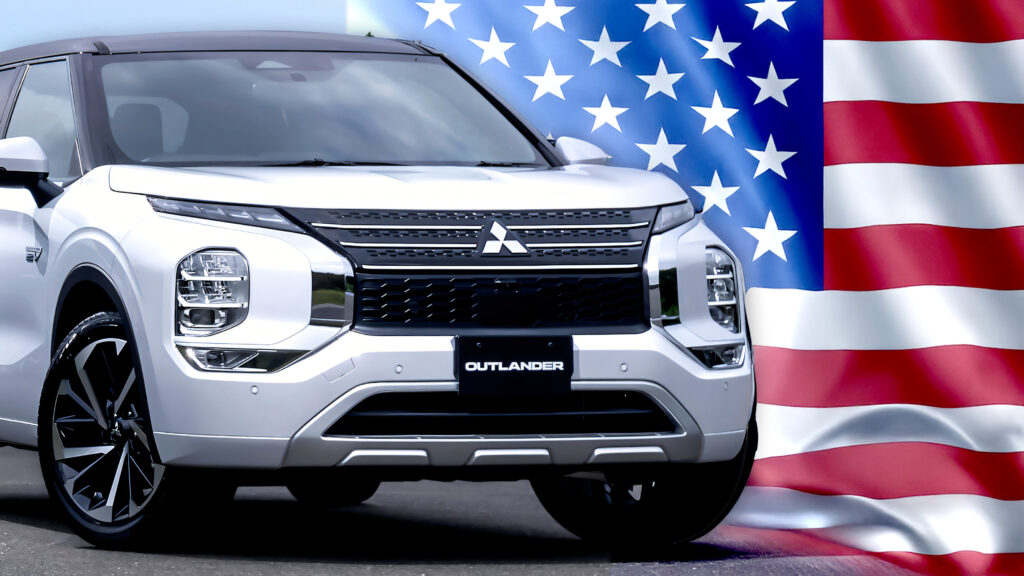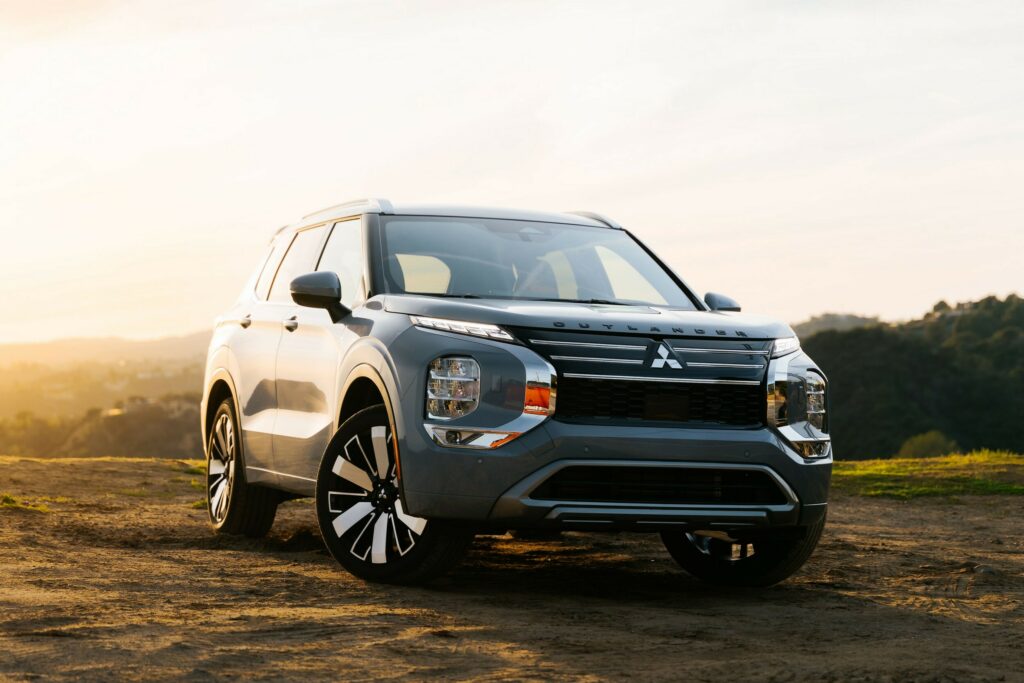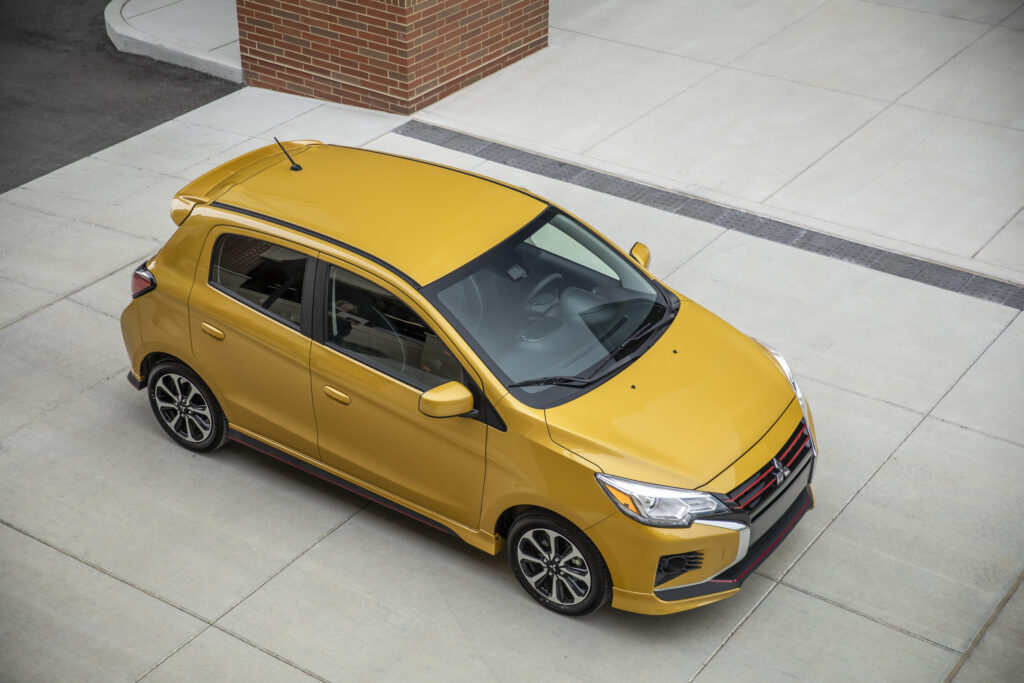Mitsubishi and Tariff Woes

In a move sparked by trade disputes, Mitsubishi has paused its vehicle shipments to U.S. dealerships. This comes after a new 25% tariff imposed by the Trump administration, impacting automakers relying on U.S. imports. Mitsubishi vehicles, sourced entirely from overseas for the U.S. market, are caught in this financial bind.
What’s Happening?

Mitsubishi is temporarily holding off on sending new shipments to its 330 American dealers. The aim is to dodge the additional costs brought on by the tariffs, while the company hopes for some policy transformation. All vehicles are being stored at U.S. ports until the government sorts out its next steps regarding tariffs.
State of Inventory

According to Cox Automotive, Mitsubishi has a 79-day supply of vehicles within the U.S., surpassing the industry average of 70 days. Despite the shipping hold, Mitsubishi remains confident in their ability to meet current demand, at least in the near future, without resorting to price hikes for customers just yet.
Mitsubishi’s Response
Mitsubishi’s Senior Director of Communications, Jeremy Barnes, mentioned that the company’s strategy is to wait and see how the tariff situation unfolds while keeping inventory levels robust enough to cater to local needs. No plans for price changes have been released, holding out for potential shifts in international trade policies.
Impact on Sales
Interestingly, despite these challenges, Mitsubishi has experienced an 11% increase in sales during the first quarter of 2025, selling 31,637 vehicles in North America. The Mitsubishi Outlander continues to dominate as the top seller, with nearly 12,000 units sold. This SUV’s appeal, especially with the plug-in hybrid version, seems to be a strong factor amid uncertainty. Meanwhile, the discontinued Mirage followed closely, selling over 7,300 units.
Driving Experience
Driving a Mitsubishi, especially the Outlander, offers a balanced experience. While it may not have the aggressive sportiness of a brand like BMW, it’s a comfortable and reliable ride, much akin to its competitors like the Honda CR-V or Nissan Rogue. The Outlander’s plug-in hybrid model also adds an eco-friendly performance edge that appeals to many modern drivers.
Tough Times for Automakers
Mitsubishi isn’t alone; brands like Aston Martin, Audi, and Jaguar Land Rover are also reacting to the new tariffs. Some have paused U.S. imports, while others, like Nissan, have stopped taking new orders for certain models. The automotive landscape is certainly seeing a shake-up as all navigate these trade challenges.
The evolving trade policies and tariff threats make this an interesting time for automakers, highlighting how interconnected and sensitive international markets truly are.
Ford Ranger Muscles
Car Market Dynamics
Panoz AIV Auction
Audi RS e-tron GT Unleashed
Nissan's Bold Tribute